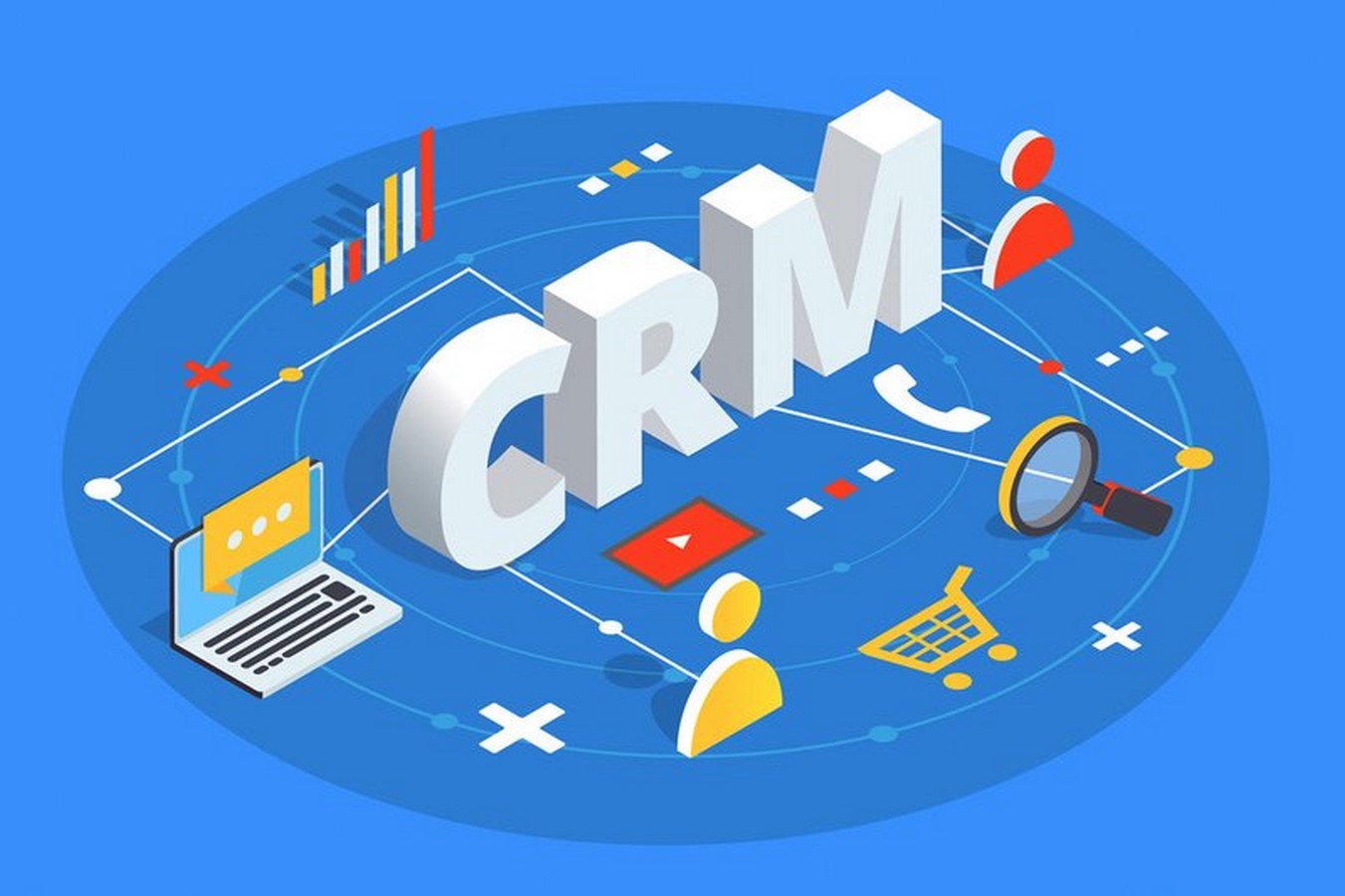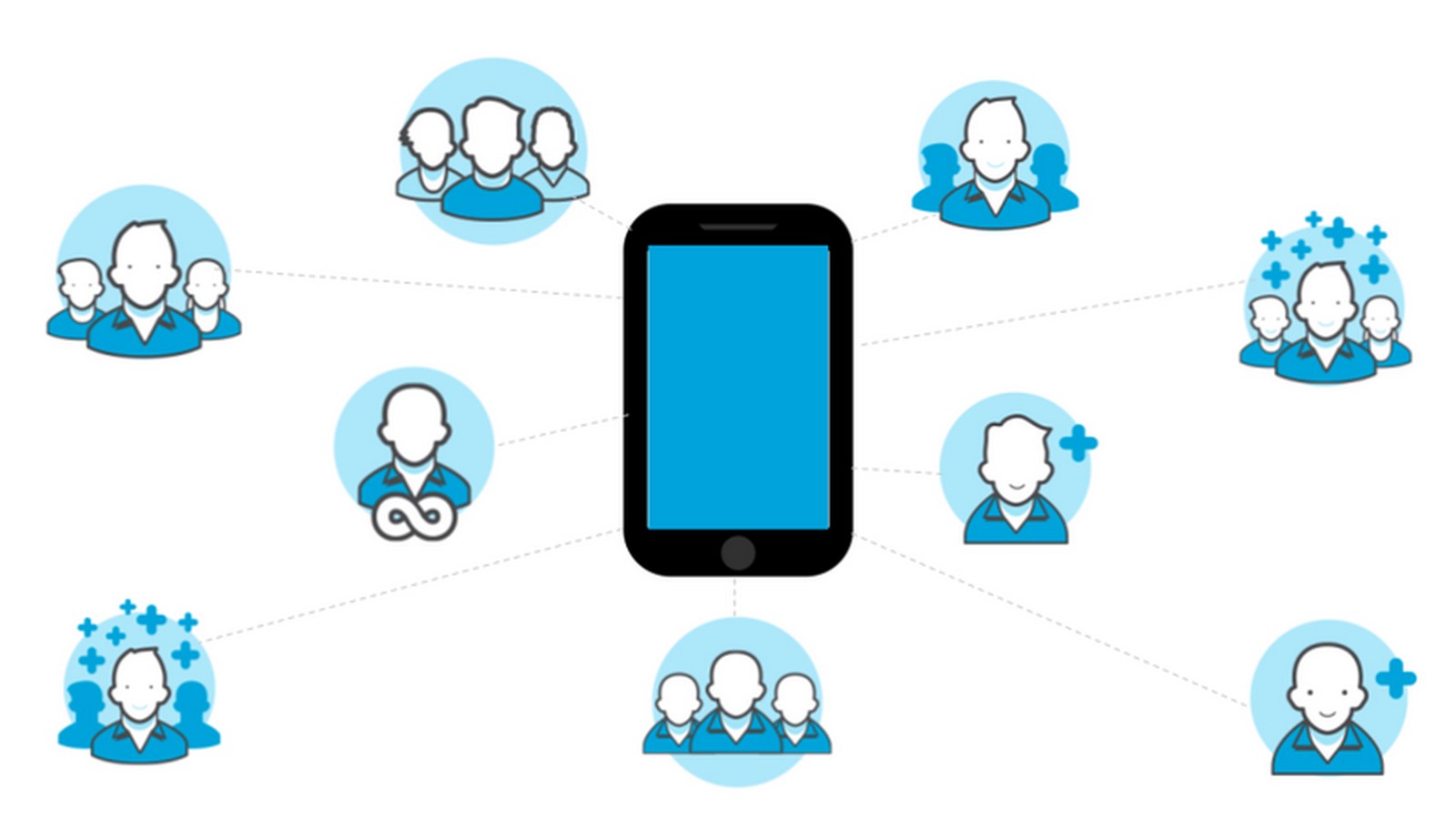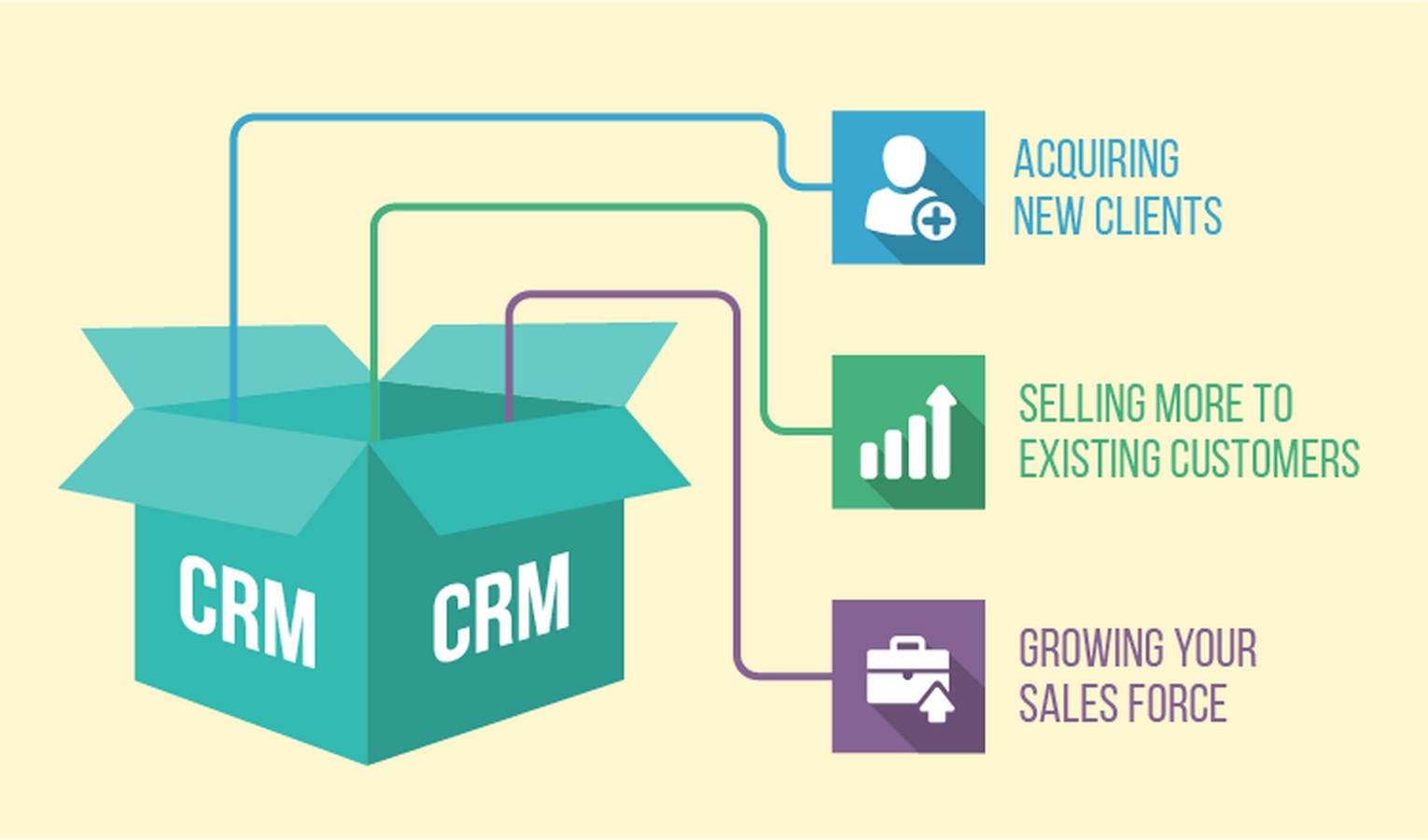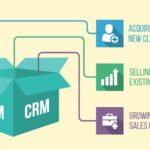In the realm of real estate, choosing the right Customer Relationship Management (CRM) system is pivotal to business success. With a plethora of options available, including TopProducer, BoomTown!, Contactually, and more, the quest for the ideal CRM can be daunting. However, for some agencies, a custom-built solution may offer unparalleled benefits tailored to their unique needs and preferences.

Understanding the Role of CRM in Real Estate
Before delving into the custom vs. ready-made CRM debate, it’s essential to grasp the significance of CRM in real estate. As client bases expand, maintaining personalized connections becomes increasingly challenging. Modern CRM software consolidates client information, streamlines communication, and enhances efficiency, thereby enabling realtors to provide superior service and drive revenue growth.
Deciphering the Custom vs. Ready-Made Dilemma
The decision to opt for a custom-built CRM or an off-the-shelf solution hinges on several critical factors:
Use Cases
Articulating specific goals and requirements is paramount in determining the suitability of a CRM solution. While pre-existing platforms cater to a broad audience, they may fall short in addressing unique business processes and preferences. Agencies with distinct operational needs may find greater value in a bespoke CRM system.

User Roles and Access Levels
Considerations regarding user scalability and associated costs play a significant role in the build vs. buy equation. While ready-made solutions offer convenience, ongoing subscription fees can escalate with expanding user bases. A custom solution, although initially demanding in terms of investment, may prove more cost-effective in the long run.
Budget and Time Constraints
Financial considerations weigh heavily in the decision-making process. While custom development entails substantial upfront costs and time investments, it affords greater flexibility and control over budget allocation. Conversely, off-the-shelf solutions offer immediate accessibility but may entail significant long-term expenses.
Design and Brand Consistency
For agencies prioritizing brand identity and user experience, a custom-designed CRM offers unparalleled advantages. Tailored interfaces not only enhance functionality and productivity but also reinforce brand consistency across product lines, fostering a cohesive brand image.

Essential Features of a Custom Real Estate CRM
When embarking on custom CRM development, it’s imperative to identify and prioritize essential features aligned with organizational objectives. Some key modules and functionalities to consider include:
- Contact Management: Centralize client interactions and personalize communication through comprehensive contact management capabilities.
- Document Management: Streamline document handling processes, enhance collaboration, and reduce paperwork with robust document management functionalities.
- Access Roles and Permissions: Define user roles and access levels to ensure data security and streamline workflow across diverse user groups.
- Marketing Automation: Automate marketing activities, optimize customer engagement, and gain actionable insights through sophisticated marketing automation tools.
- Analytics and Reporting: Harness data analytics to monitor performance, track key metrics, and derive actionable insights for informed decision-making.
- Mobile Access: Ensure seamless access to CRM functionalities across devices, facilitating remote work and enhancing user productivity.
- Integrations: Facilitate seamless integration with third-party software and tools, enhancing workflow efficiency and interoperability.
Conclusion: Navigating the CRM Landscape
In conclusion, the choice between a custom-built and ready-made CRM hinges on a myriad of factors, including organizational requirements, budget constraints, and strategic objectives. While off-the-shelf solutions offer convenience and accessibility, custom development empowers agencies to tailor CRM functionalities to their specific needs, fostering innovation, efficiency, and brand consistency. By meticulously evaluating use cases, user roles, budget considerations, and design preferences, real estate agencies can navigate the CRM landscape with confidence, unlocking the full potential of CRM technology to drive business growth and success.

















